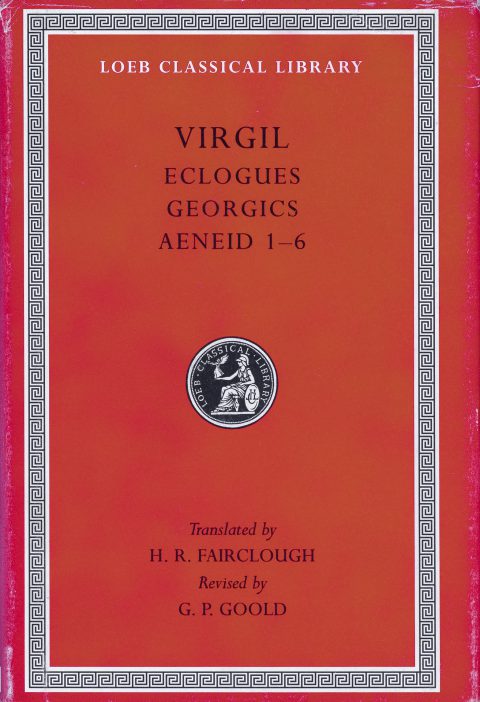First published: 29 BCE.
Library copy published: 2006.

“They alone have children in common, hold the dwellings of their city jointly, and pass their life under the majesty of law. They alone know a fatherland and fixed home, and in summer, mindful of the winter to come, spend toilsome days and garner their gains into a common store. For some watch over the gathering of food, and under fixed covenant labour in the fields; some, within the confines of their homes, lay down the narcissus’ tears and gluey gum from tree bark as the first foundation of the comb, then hang aloof clinging wax; others lead out the full-grown young, the nation’s hope; others pack purest honey, and swell the cells with liquid nectar. To some it has fallen by lot to be sentries at the gates, and in turn they watch the rains and clouds of heaven, or take the load of incomers or in martial array drive the drones, a lazy heard, from the fold. All aglow is the work, and the fragrant honey is sweet with thyme.” p. 229
“Moreover, neither Egypt nor mighty Lydia, nor the Partian tribes, nor Median Hydaspes, show such homage to their king. While he is safe, all are of one mind; when he is lost, straightway they brake there fealty, and themselves pull down the honey they have reared and tear up their trellised combs. He is the guardian of their toils; to him they do reverence; all stand round him in clamorous crowd, and attend him in throngs. Often they lift him on their shoulders, for him expose their bodies to battle, and seek amid wounds a glorious death. Led by such tokens and such instance, some have taught that the bees have received a share of the divine intelligence, and draught of heavenly ether.” p. 233